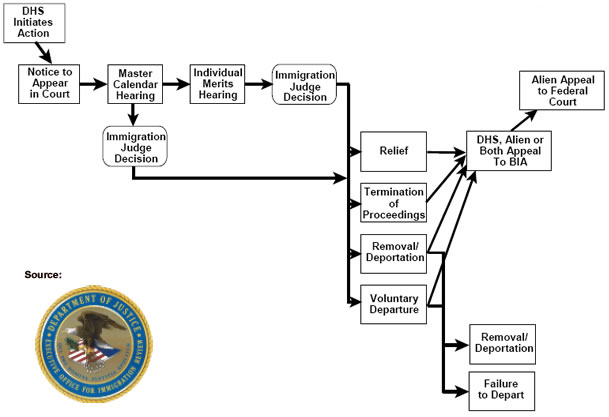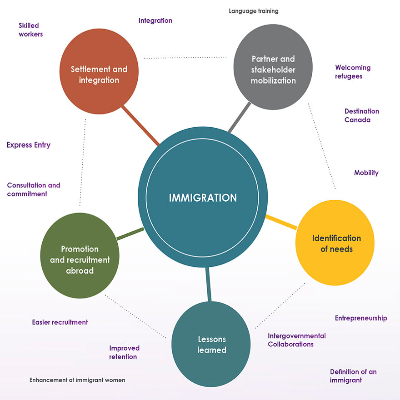Introduction: The legal immigration process plays a vital role in shaping the lives of individuals seeking new opportunities and a better future in a different country. Understanding the intricacies of this process is essential for both immigrants and host countries. In this article, we will delve into the various aspects of the legal immigration process, providing valuable insights for those navigating their way through this transformative journey.
Legal Immigration Process: A Gateway to New Horizons The legal immigration process encompasses a series of steps and requirements that individuals must fulfill to obtain legal residency or citizenship in a new country. It is designed to ensure compliance with immigration laws and facilitate the orderly entry of immigrants into their host countries.

- Understanding Immigration Categories: Different countries have specific immigration categories and visa types to cater to various purposes, such as employment, family reunification, education, or humanitarian reasons. It is crucial to identify the appropriate immigration category relevant to your circumstances before proceeding with the legal immigration process.
- Gathering Required Documentation: The legal immigration process typically involves gathering and submitting various documents to support your application. These may include identification documents, birth certificates, educational qualifications, employment records, financial statements, and proof of medical fitness, among others. It is important to ensure that all documents are accurate, up to date, and comply with the requirements of the host country.
- Submitting the Application: Once you have gathered the necessary documentation, you will need to complete and submit the application form provided by the immigration authorities. Pay close attention to all instructions and provide truthful and accurate information. In some cases, supporting documents may need to be submitted along with the application. Ensure that the application is submitted within the specified timeframe and in accordance with the local immigration processes.
- Background Checks and Interviews: As part of the legal immigration process, background checks, security screenings, and interviews may be conducted to assess the applicant’s eligibility for immigration. These checks are intended to ensure that the applicant does not pose a security risk to the host country and that the information provided is truthful.
- Decision and Approval: Once the application and supporting documents have been reviewed, a decision will be made regarding the immigration status. The authorities may grant or deny the application based on the fulfillment of requirements and eligibility criteria. If approved, the applicant may receive a visa or a permanent residency permit, depending on the immigration category and country-specific regulations.
Embracing New Opportunities: The legal immigration process offers individuals the chance to pursue new opportunities, contribute to the host country’s economy, and enrich society with diverse cultures and perspectives. As immigrants embark on this transformative journey, it is important to research and understand the rights, responsibilities, and obligations that come with their new immigration status.
Conclusion: The legal immigration process represents a significant step towards a new beginning. By understanding and navigating the intricacies of this process, individuals can embrace new opportunities and contribute to the fabric of their host country. Remember, seeking legal immigration requires careful planning, preparation, and adherence to the immigration laws and procedures of the host country.











